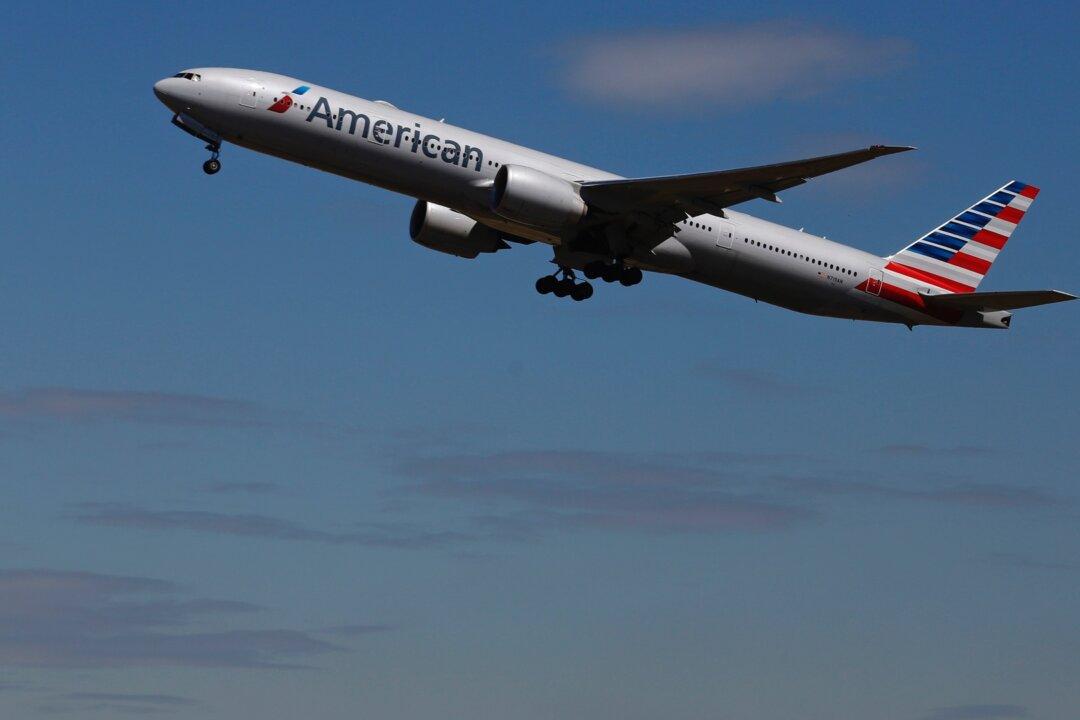The American Airlines Group said on March 15, it has temporarily suspended its operations into Caracas and Maracaibo after its pilots’ union urged its workers to deny trips to Venezuela in the wake of a travel advisory issued by the U.S. State Department.
The department cited civil unrest, poor health, and arbitrary arrest and detention of U.S. citizens in Venezuela for issuing the advisory on March 12.





